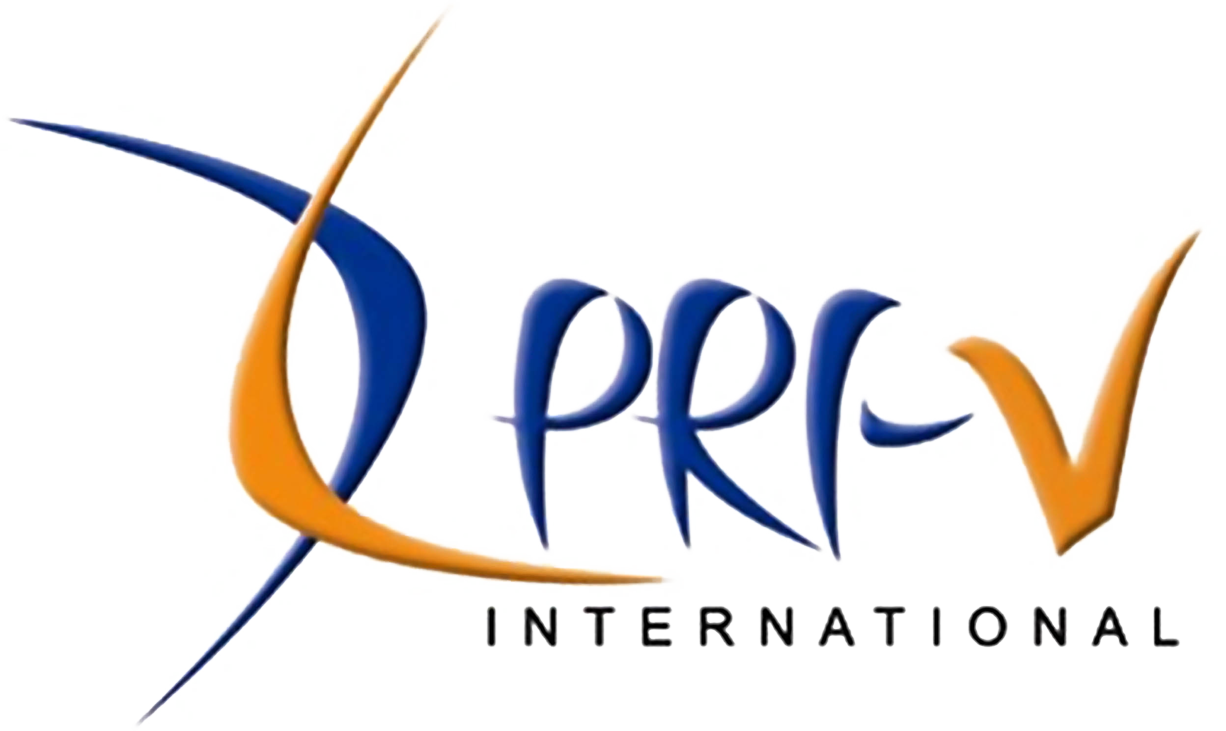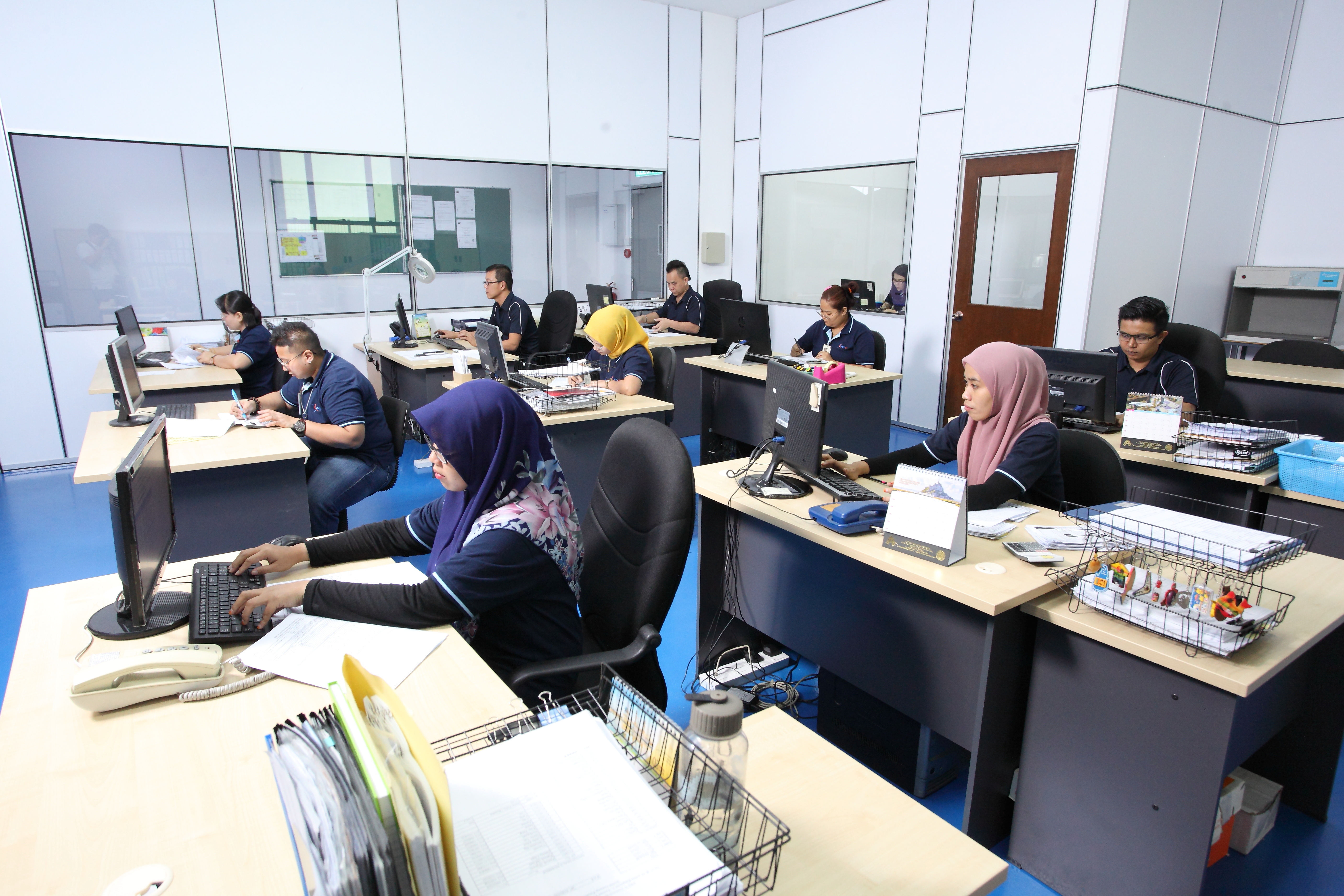FREQUENTLY ASKED QUESTIONS
What is your minimum order quantity?
While not all of our processes are commercially suited to small production quantities, we will work with you to find a solution that meets your requirements, regardless of the order size.
How much is tooling?
In order to produce an accurate quote we would first need to work with you to decide on the most suitable process, and investigate the stock tool availability.
What is the difference between screen printing and digital printing?
Screen printing is solid spot color, and the final presentation is restricted to the screen mesh. Digital printing is 1440 dpi photographic quality, meaning that images, technical diagrams and precise line work can remain crisp. Using our digital printing technology we can surface print onto almost any material, and even reverse print on to clear substrate.
Do you offer Litho printing?
Yes, we can incorporate full color Litho Offset Printing on your product to deliver the exact look and feel you require.
How much lead time do you need?
Each process we offer has its own unique set-up and production lead-times. We will always work with you by reviewing your project’s deadline and ensuring a suitable process is offered for a successful launch.
What quality standards do you adhere to?
PRI-V Technology Sdn Bhd is recognized for the quality and service it provides to every customer. We currently hold certificates of registration for both BS EN ISO 9001 & 14001 on our manufacturing facility on our Head Office, both of which are audited by the standards institution.
What file formats can you accept?
We can work with Illustrator, Photoshop, Corel, dxf, dwg, iges files for 3D and high res PDF files.
Can you produce samples and how much do they cost?
Yes samples can be created. In some cases there is a small charge depending on the process used, but this is kept to a minimum.
What adhesives are suitable for surface applications?
Yes samples can be created. In some cases there is a small charge depending on the process used, but this is kept to a minimum.
Choosing the correct combination of substrate and adhesive is critical to the performance of the final badge, label or overlay we supply. Once we understand your requirements our experienced team will be able to match exactly the right materials for your perfect result. Below is a very general guide to some of the more commonly used applications:
- Smooth flat surfaces: i.e. ABS, Aluminium, glass (interior applications) – general purpose (GP) adhesive should be suitable.
- Smooth flat surfaces: i.e. ABS, Aluminium, glass (interior/exterior applications) – 3M 467 (or equivalent).
- Textured flat surfaces: i.e. ABS, Aluminium, glass (interior/exterior applications) – 3M 468 (or equivalent).
- Powder coated paints and Polypropylene mouldings: (interior or exterior) – Low Surface Energy (LSE) tapes will be necessary. 3M and Duplomont both provide an excellent range.
- Automotive applications: (interior/exterior badging) – these often require a higher bond and more commonly thicker foam or neoprene tapes may be necessary. Lohman, Avery, 3M and others all offer good products.
- In transit or removable requirements: A wide range of peelable adhesives are available, with varying degrees of tackiness.
What finishes are available?
A considerable range of finishes are available. When we discuss your requirements we will advise you on the best options for your product. Below is a list of the finishes we offer:
- Aluminium Stamped With and Without Diamond Milling
- Coining Process with Diamond Milling
- Diamond Cutting
- Electroformed Badges
- Industry Overlay
- Membrane Switches
- Plastic Parts
- Stainless Steel Stamped Parts
- Urethane Doming Label


